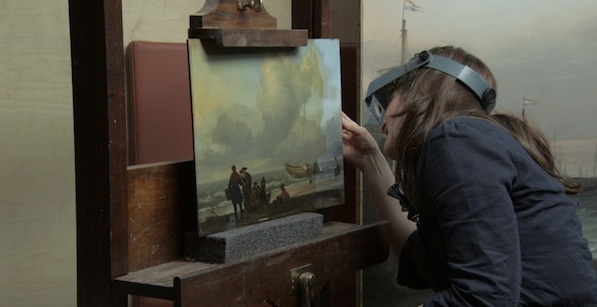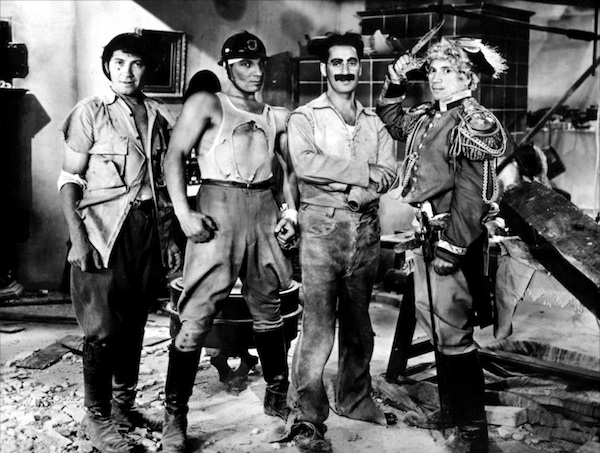
[For more of our “Fifty Days, Fifty Lists,” see “Why Lists?” here on Keyframe.]
Like Charlie Chaplin or Woody Allen, Frederick Wiseman has remained impressively prolific for over four consecutive decades. This “discipline,” as Wiseman insists, began in 1968 with his critically revered debut, Titicut Follies. Since then, Wiseman has managed to direct, edit and distribute roughly one documentary per year through his company, Zipporah Films, which he founded in 1970. This feat is even more staggering considering the sheer length of his films—which typically clock in between 120-180 minutes.
His latest documentary, National Gallery, which opened in limited release this month, is another epic-yet-intimate examination of a prestigious institution in flux (see: At Berkeley, La Danse). Employing his ingenious fly-on-the-wall aesthetic, Wiseman has constructed something more than just your standard doc: it’s an experience. The absence of talking-head interviews, miscellaneous statistics and didactic narration provides the audience with a unique and complex portrait of a London museum still figuring out who it is and what it wants to be.
For his next project, Wiseman explains that he’ll be working with a choreographer on a ballet based on Titicut Follies. The ambitious endeavor is scheduled to make its premiere in New York City during the fall of 2016. In the meantime, I took the opportunity to ask Wiseman his top documentary (and documentary-esque) picks.
1. Duck Soup (Leo McCarey, 1933)
I’m of the opinion that Duck Soup is a documentary, but I’m not sure how widely shared that is. If you want to understand how government or large institutions work, see Duck Soup.
2. The Living Camera: Mooney vs. Fowle (James Lipscomb, 1962)
There’s a film about two high school football teams, which was made in the late 1950s-earlier 1960s called Mooney vs. Fowle. It was an early, cinéma vérité sort of style documentary revolving around these two Miami teams getting ready for a city championship game. It’s one of the first sync-sound documentaries. Sometimes the doc is called Football.
3. Gates of Heaven (Errol Morris, 1978)
I liked Errol Morris’s film about the pet cemetery. I have forgotten the title but it’s a very funny movie. It’s the first documentary he made and it’s hysterical.
4. Hôtel Terminus (Marcel Ophüls, 1988)
One of my favorite filmmakers is Marcel Ophüls, and nominally this film is about Klaus Barbie. But in my view, it’s really about the ease in which people can slip into fascist or totalitarian modes of thinking and kill other people.




